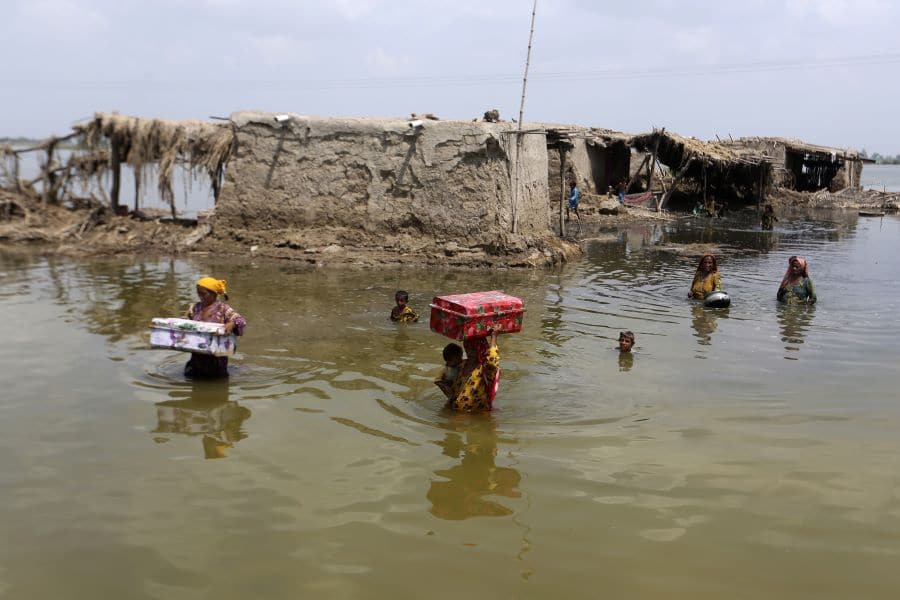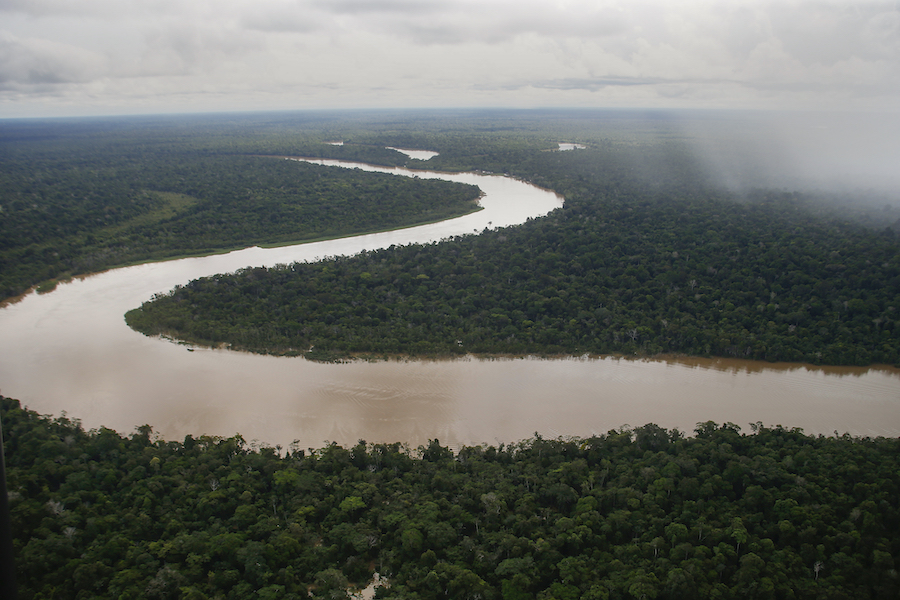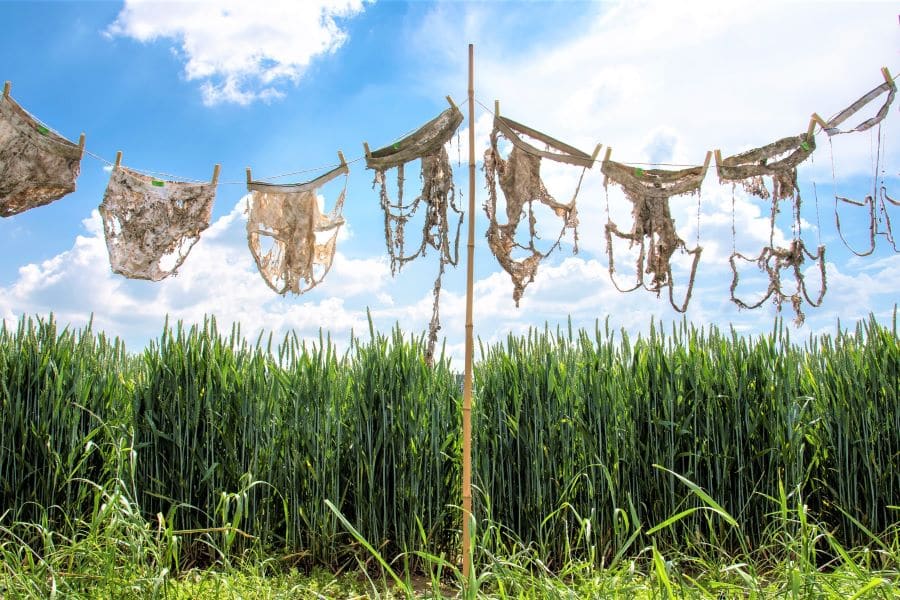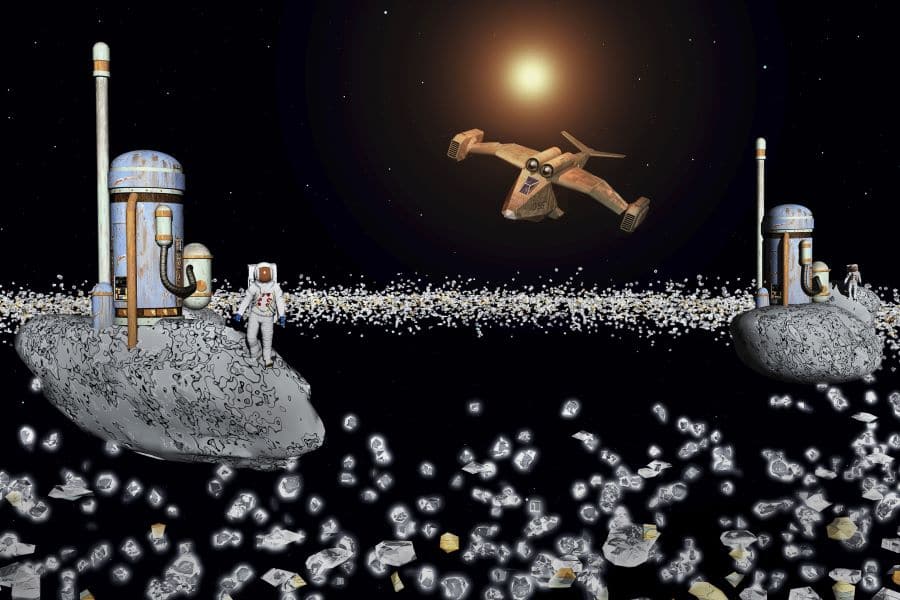
by Malcolm Davidson | 25 Oct 2022 | Climate change, Climate decoders, Decoders, Environment
At next month’s climate summit in Egypt, poorer nations coping with disasters will press wealthier states for a fund to help them ride out catastrophes. Women carry belongings from their flooded home in the Qambar Shahdadkot district of Sindh Province of...

by Stuart Grudgings | 7 Oct 2022 | Americas, Climate change, Environment, Politics
The presidential election in Brazil means more than the future of the country. The Amazon and the fight against climate change could depend on it. The Itaquai River snakes through the upper Amazon basin. (AP Photo/Edmar Barros) As Brazilians cast their votes in a...

by Paul Spencer Sochaczewski | 27 Sep 2022 | Climate change, Environment, Personal Reflections
I helped put nature conservation on the global agenda. But now I fear for Earth’s future. Will the next generation save us from disaster? Climate change, conceptual illustration (Photo by SCIENCE PHOTO LIBRARY via AP Images) This story by News Decoder...

by Luis Eberl | 2 Sep 2022 | Climate change, Educators' Catalog, Environment, Europe, Realgymnasium Rämibühl Zürich, Student Posts, Youth Voices
Swiss citizens are burying cotton underpants and tea bags in their gardens and fields to help scientists assess the quality of soil in the Alpine nation. (Photo courtesy of Beweisstück Unterhose) Bury underpants and tea bags in your garden? Why not, thought scientist...
Student reporter Luis Eberl of Realgymnasium Rämibühl in Zurich, Switzerland, interviewed scientist Marcel van der Heijden of the University of Zurich about an experiment to find ways to slow down or prevent soil deterioration caused by erosion, construction, pesticides and drought. The project invites citizens to test their own soil by planting tea bags and cotton underpants – two common household items – and then testing the level of deterioration. Eberl shows how scientists are engaging everyday people in climate change projects to demonstrate that individuals’ small actions can lead to global solutions.
Exercise: Interviewing an expert for a story is a great way to get information to readers that might not be reported elsewhere. Have students think of an issue that would be important to report and see if they can identify an expert who might be good to interview for a story on that issue.

by Tira Shubart | 2 Aug 2022 | Climate change, Decoders, Environment, Space, Technology
Technology depends on rare earth minerals, but their extraction can harm our planet. Asteroids offer a plentiful source of valuable elements. In the future, mankind will go to the asteroid belt between Mars and Jupiter to mine for the vast wealth that is within the...





